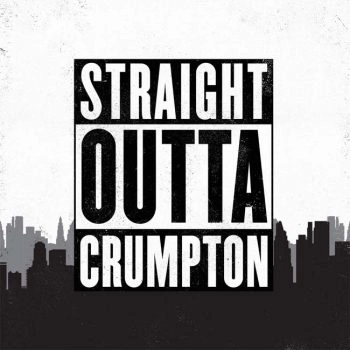EAT MORE, CLEAN LESS!
There is certainly no shortage of diets to choose from these days—gluten-free, dairy-free, pescatarian, plant-based—and the list seems to get longer every year. But no matter which diet you choose, you can become a more conscious consumer by remembering this sage advice: eat up! And by that, we mean leave no morsel of food or speck of sauce on your plate. Whether you use a piece of bread to absorb that little splash of Sriracha or lick the bottom of the ice cream bowl, try your best to get your dishware so spotless you could practically eat off it…again.
Why? It’s simple. Hand-washing dishes can use as much as 20 gallons of water; that’s even more than the average American uses when showering. But by filling your stomach with everything you put on your plates, bowls, and utensils, you’ll use less water cleaning up afterward.
Want to decrease water usage and avoid the hassle of doing the dishes altogether? Consider switching to dishes that you can eat. If you think that there’s no way edible, eco-dishware exists, then think again. Do Eat has developed a catalog of healthy and ecological food packaging products that are designed to be eaten. Made from gluten-free potato starch and customizable with natural vegetal inks, these containers can be used for handling both hot and cold recipes. Plus, they’re a hit with guests!
If you’d rather stick with your current dishware, there are still ways you can conserve our natural resources. Using a water and energy efficient dishwasher can get your dishes nice and clean, using as little as 4.5 gallons of water—that’s over 75% less water compared to hand-washing. But remember to only run the appliance when it’s completely full in order to maximize your conservation efforts.
Those who don’t have a dishwasher or would rather wash by hand can still reduce their water usage. Installing a low-flow aerator can reduce your faucet’s flow rate from the standard 5 gallons per minute to roughly 1.5 gallons per minute or less. In addition, try using only a small amount of soap in your cleaning, and remember to leave the faucet off until it’s time to rinse all the dishes at once. Also, you can find ways to recycle the rinse water, and even water leftover after boiling food, by saving it and using it to water plants or wash the next load of dishes.
By adopting good water reduction techniques—like eating all your food and finding ways to save water when doing the dishes—you can do your part in creating a more sustainable future for our planet.
Read more at niagaracorp.com









